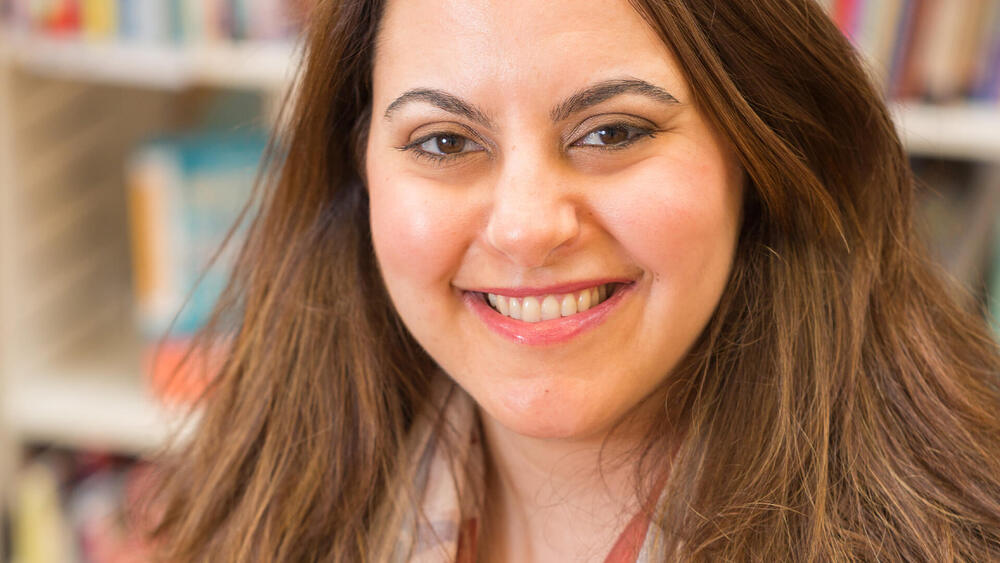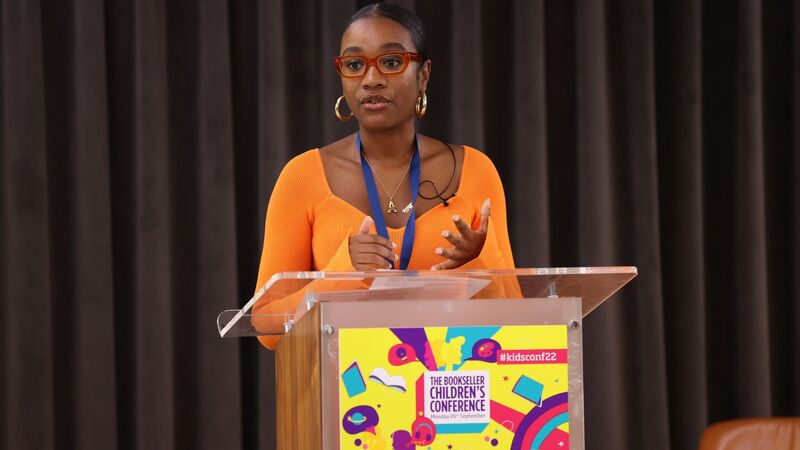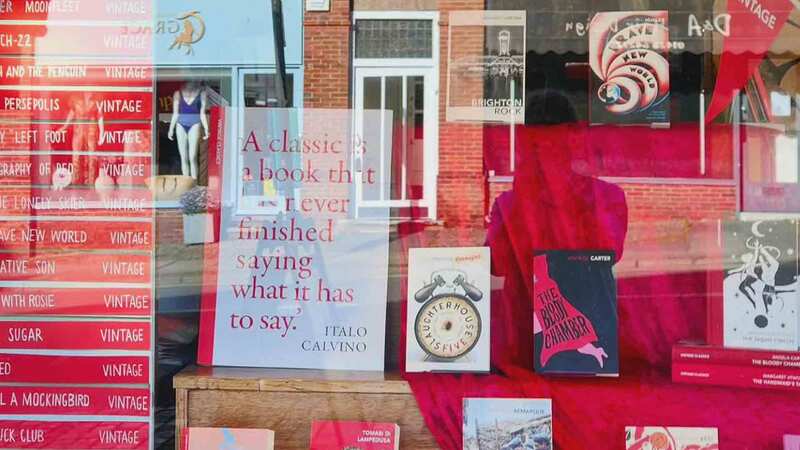You are viewing your 1 free article this month. Login to read more articles.
Lulu launches academic alternative
Amid the plethora of new models for academic publishing comes Glasstree, a DIY offering from US self-publishing company Lulu.com.
Glasstree is targeting scholars disaffected with traditional academic publishing, and is not afraid to stoke that fire. Publishing senior vice-president Daniel Berze (pictured) announced the venture in bullish fashion: “For years, academic communities have suffered under the exploitation of major publishing houses. Scholars researched, wrote and edited their work for little and, in many cases, no financial reward.
“The academic publishing community has long been viewed as a guardian of quality academic dissemination but, behind closed doors, publishers reap vast profits, publishing content of variable quality. This outdated model will now be forced to change with the introduction of Glasstree, which provides authors, educators, students and scholars with a means to independently publish and prosper.”
Using Glasstree, authors will retain the intellectual property (IP) of the books they publish, and pocket 70% of the profits. Publishing is currently free for an unspecified limited trial period; however making use of the Glassleaf Publishing Services it offers (including “one-on-one author support”, copyediting, ISBN application or cover design, provided via long-established publishing services company MPS, plus marketing and PR options) comes via a variety of paid-for packages, with prices starting from $2,625 and ranging up to $7,875.
An Open Access (OA) e-book service, in partnership with Creative Commons, was launched last month; in its basic form it offers academics the chance to publish within hours, at a cost of $20. The “full-service” OA option, which adds copyediting and the assignment of Digital Object Identifiers (DOIs), double-blind peer review and bibliometric and citation tracking (supplied via a partnership with Kudos) is priced at $3,000.
Berze was previously with Emerald Publishing, and for 18 years was director of learned society the International Statistical Institute (ISI), based in The Hague. He says that while working at the ISI he had “constant battles with traditional publishers to try and get a better [publishing] deal” but never found an ideal solution, and was frustrated by publishers’ lack of explanation of their profit model.
Glasstree was set up after research into Lulu.com’s existing authors of “knowledge-based” content showed an unmet need. “They were people from disparate parts of the academic community, but they were generally furious with academic publishing. There are many anecdotal accounts: a professor in physics at Carnegie Mellon University, who had his textbook sold by one of the ‘Big Four’ publishers for $400. His students were furious with that [price], and he was earning very little. He published with Lulu and was able to [retail his book] for $65.”
Berze added that another “horror story I heard recently” saw an academic unable to reprint a book in which a mention of the Twin Towers was deemed insensitive in the wake of 9/11. “The publisher refused to reprint for seven years and he was receiving threats, because he did not retain academic [publishing] control.”
With publication prestige so important in building an academic career, one clear stumbling block for Glasstree could be that academics with self-published books to their name will be at a disadvantage compared to their conventionally published competitors. For senior academics who already have tenure this may not be an issue; Glasstree’s enthusiastic “ambassadors” include Professor Jeffrey Strickland, a statistician at George Washington University, and Professor Theodore Creighton of the educational administration department at Virginia Tech.
Glasstree will only reject material on the basis that it isn’t academic content within the field in which it has been classified, Lulu.com c.e.o. Nigel Lee confirmed. But he rejected the prestige issue: “We will accept varying degrees of quality, as the traditional publishing industry does, but I think we will try to be extremely transparent in doing so and not just rely on brand prestige, so that people are assuming books are of quality simply because they are published by publishing company X.”
Another question mark lies over how Glasstree publications will reach their academic readership, compared to the marketing efforts of the established publishers. Again, Lee is confident: “Lulu.com has been massively successful in digitally marketing authors’ works since 2002, and using print-on- demand, which has been widely adopted in the publishing industry. Lulu has served the academic bookshop and college campus bookshop incredibly well for many years, and is a known digital distributor of important content the world over.”
While some academic publishers may bristle at Glasstree’s fighting talk, others are broadly supportive. Asked for his views on Glasstree, Oliver Gadsby of Rowman & Littlefield commented: “Innovation should continue apace in established companies and outside, and anything that challenges and brings new thinking is all to the good.”
One publishing consultant noted: “I am not sure [academic] authors want to self-publish but if they do, then Glasstree might do well.” But he added: “One thing [Glasstree] may not take account of is how demanding academics are, and it may find keeping a good reputation very tricky if it manages to upset a few.”














